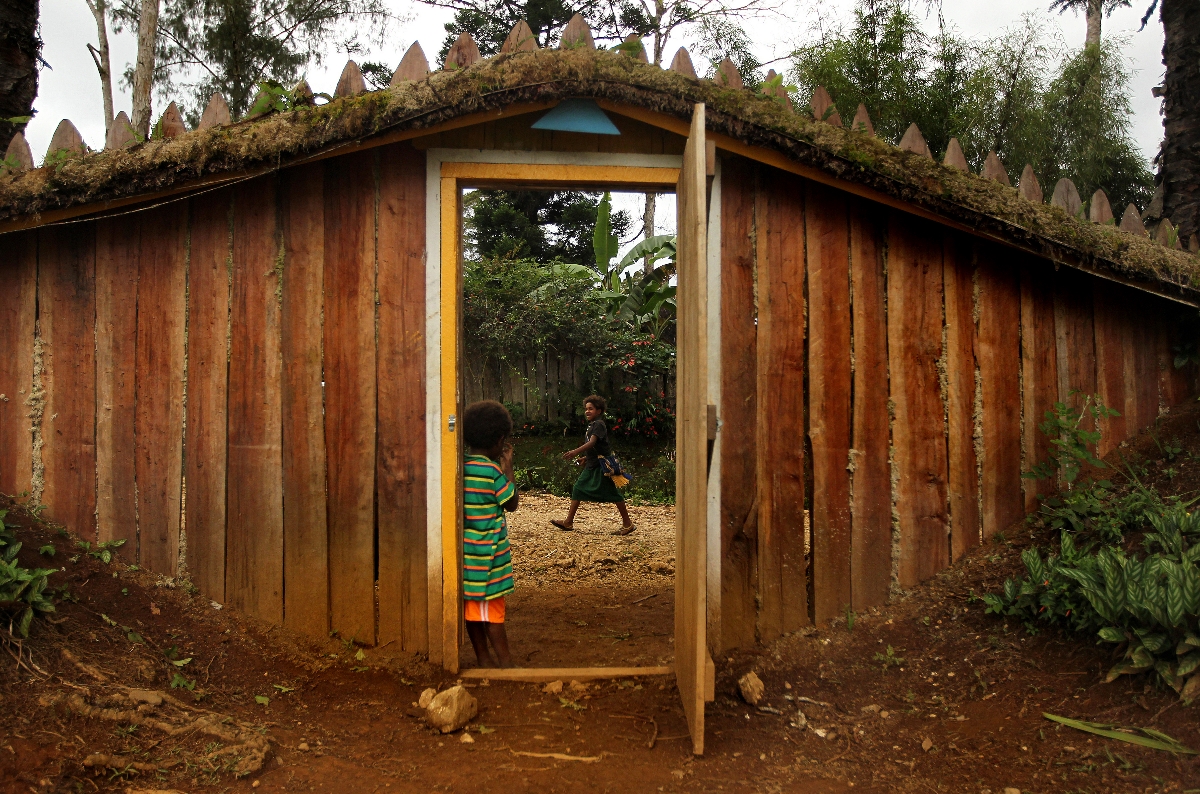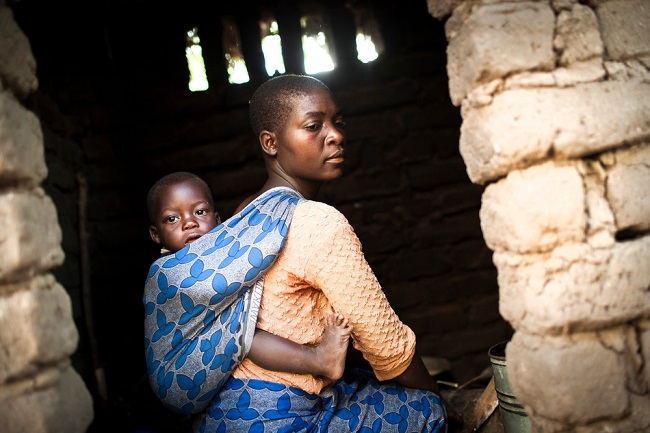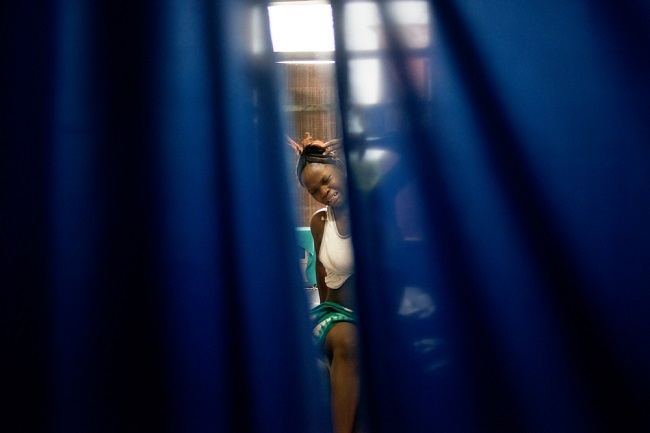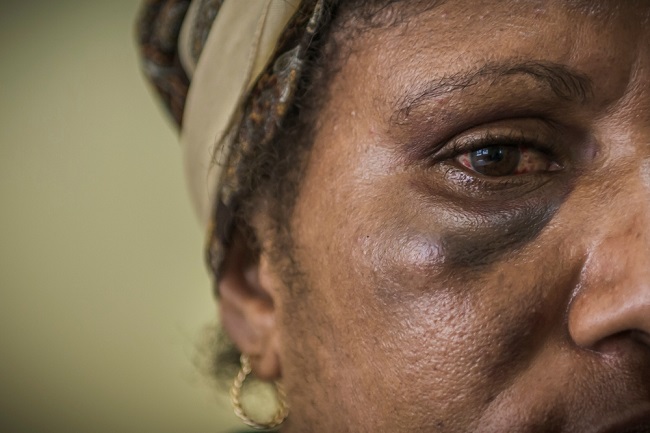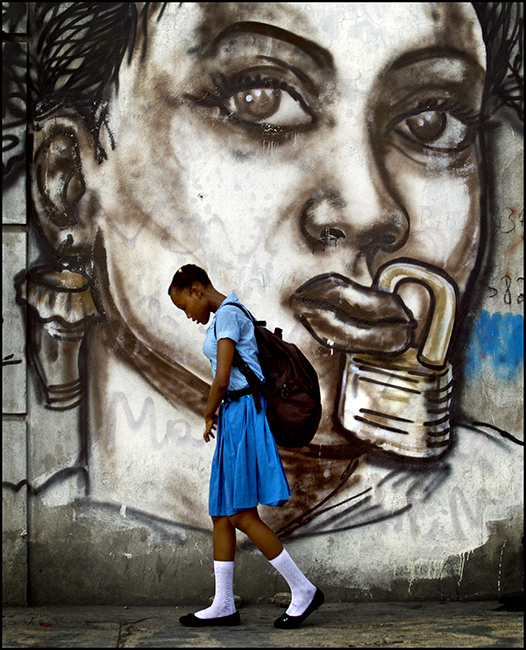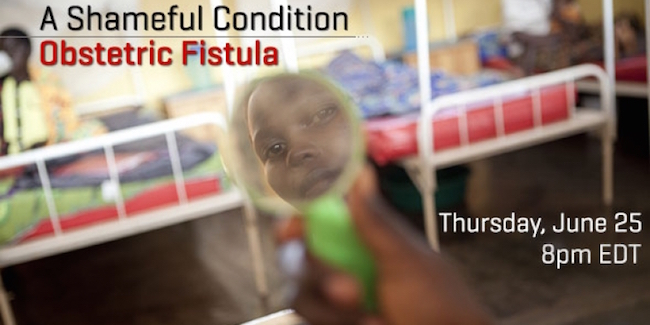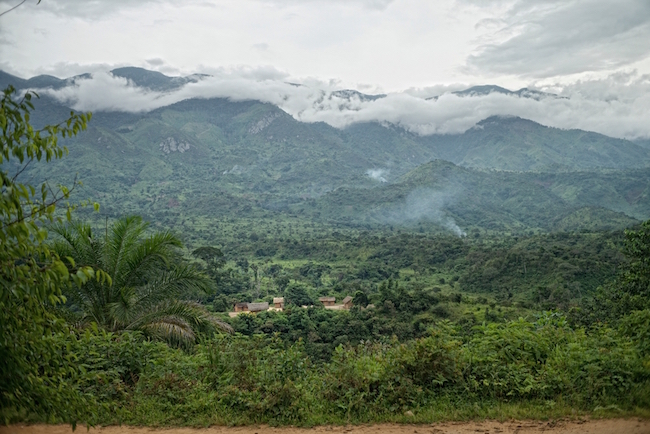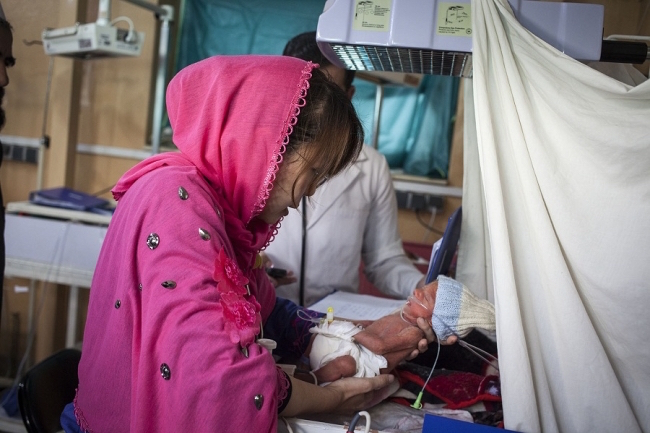“The world has delivered on halting and reversing the AIDS epidemic…” – Ban Ki-moon, Secretary-General of the United Nations.
Efforts to halt the spread of new infections have resulted in a global decrease of 35% from 2000 to 2014. UNAIDS reports that epidemics have ceased or even reversed in 83 countries where nearly 83% of the world’s HIV population lives. In addition, significant strides in reducing HIV among children of pregnant women have been made. From 2000 to 2014, access to antiretroviral treatment increased 73% among pregnant women living with HIV. As a result, the annual rate of new HIV infections among children fell 58% globally. And just last month, Cuba was named the first country to eliminate mother to child transmission by WHO.
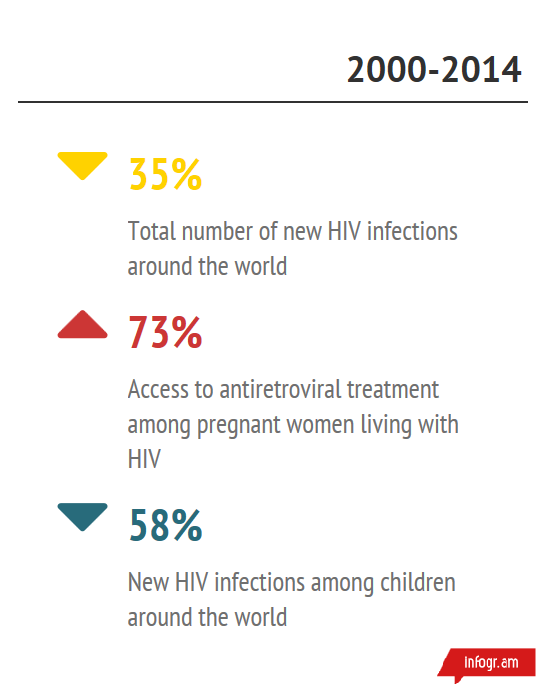
Yet, with significant progress made on achieving MDG #6, it is important not to lose sight of those who fall outside of the UN’s target. While MSF currently treats 341,600 women, men and children living with HIV/AIDS in projects of more than 20 countries, over 50% of the 37 million people living with HIV are still unable to access treatment. And while MSF provided PMTCT (preventing mother-to-child transmission) to approximately 18,489 women in just 2013, there are still an estimated 700 children newly infected every day – many of which, lack access to proper treatment, (MSF, 2013).
“Despite this tremendous progress, more than 220,000 children were newly infected with HIV in 2014… The majority of these children don’t have access to the treatment they need—only 32 percent of the 2.6 million children living with HIV had access to ART in 2014. Without treatment, half of these children will die before age 2, and 80 percent won’t live past age 5.” -EGPAF
Many pregnant women living with HIV will do anything possible to prevent transmitting HIV to their unborn babies. Because Tomorrow Needs Her examines the barriers many of these women face in getting proper PMTCT treatment and the efforts they make to create an HIV-free life for their children.
#tomorrowneedsher #womenshealth #PMTCT
Because Tomorrow Needs Her focuses on some of the impediments to women’s health, exposing injustices that disproportionately affect women and girls around the world.
